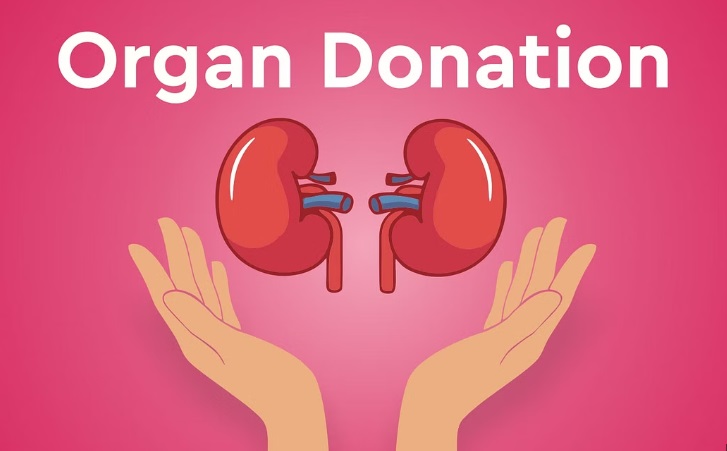In today’s world, where medical advancements are reshaping the landscape of healthcare, the act of organ donation has emerged as a beacon of hope for countless individuals in need of life-saving transplants. The noble gesture of sharing one’s organs has the power to transform lives, spark optimism, and forge connections that transcend boundaries. At the heart of this altruistic act lies a profound ethical discussion, one that navigates through the intricacies of life, death, and the invaluable gift of a second chance.
The Gift of Life: Understanding Organ Donation
Organ transplantation is a medical marvel that has brought renewed hope to individuals suffering from terminal illnesses or organ failure. This intricate procedure involves the removal of a healthy organ from a living or deceased donor and its subsequent transplantation into a recipient in dire need. Organs such as the heart, lungs, liver, kidneys, and more can be transplanted, granting patients the possibility of a healthier, longer life.
The Altruistic Act of Giving
Organ donation embodies the epitome of selflessness. It involves individuals, often strangers, offering a part of themselves to extend the lifeline of another. This compassionate act not only saves lives but also generates a ripple effect of positivity, inspiring communities and individuals alike. The sheer act of sharing a piece of oneself creates an interconnectedness that transcends societal barriers and fosters a sense of unity.
Ethical Considerations: Balancing Hope and Reality
While the concept of organ donation is undeniably uplifting, it brings to the forefront a host of ethical considerations that demand careful contemplation.
Consent and Autonomy
Informed consent stands as a cornerstone of ethical medical practice. It is imperative that individuals making the decision to donate their organs, either while alive or posthumously, fully understand the implications of their decision. Respecting the autonomy of donors is paramount, ensuring that their wishes are honored and their dignity preserved.
Equity and Fairness
The distribution of organs poses a challenge that delves into the realms of ethics and social justice. With the demand for organs far surpassing the supply, the allocation process must be equitable, transparent, and devoid of discrimination. Ethical guidelines must be established to navigate the complexities of organ distribution, prioritizing patients based on medical need rather than financial or social standing.
Cultivating a Culture of Organ Donation
Raising Awareness and Education
Empowering individuals with knowledge about organ donation is pivotal in fostering a culture of giving. Educational campaigns and initiatives must be launched to dispel myths, address misconceptions, and provide accurate information about the process and impact of organ transplantation. Education serves as the bedrock upon which a society can make informed decisions about organ donation.
Breaking Cultural Barriers
Cultural beliefs and religious ideologies can significantly influence attitudes toward organ donation. Sensitivity to these cultural nuances is essential in promoting the cause ethically. Open dialogues, interfaith discussions, and collaborations can help bridge the gap between these belief systems and the life-saving potential of organ transplantation.
Conclusion
The ethical landscape surrounding organ donation is both complex and profound, fueled by the desire to extend life while navigating the delicate balance of autonomy, justice, and societal responsibility. As medical advancements continue to push the boundaries of what’s possible, the act of organ donation remains a shining testament to humanity’s capacity for empathy, compassion, and selflessness.
